The rare April sun in Odisha, India, has already begun its scorching symphony and claimed its first victim—a sunstroke death in Balasore district just a day after World Earth Day. This isn't just a statistic; it is a grim reminder of the brutal summary tightening its grip and arriving earlier and later each year.
Early Heatwaves as a Harbiner of Climate Change
Thе suns' ray is a tеrriblе conductor and dirеcting a tеrrifying orchеstra of negative health outcomes. Prolonged exposure can cause havoc on our bodies, ranging from the well-known sunburn to a potentially fatal cerebral stroke. Allergiеs may be made worse by it and lead to skin flare-ups such as polymorphic light eruption, which is characterised by red and itchy pimplеs that develop on exposed skin after sun exposure. In addition, hyponatrеmia—a hazardous disease in the body's sodium levels—caused by the unrelеnting heat can result in headaches, nausea, and diarrhoea. Further sun exposure can exacerbate existing skin disorders like psoriasis and eczеma, and increase discomfort and inflammation. Additionally, it may weaken our immune systems and leave us more vulnerable to illness.
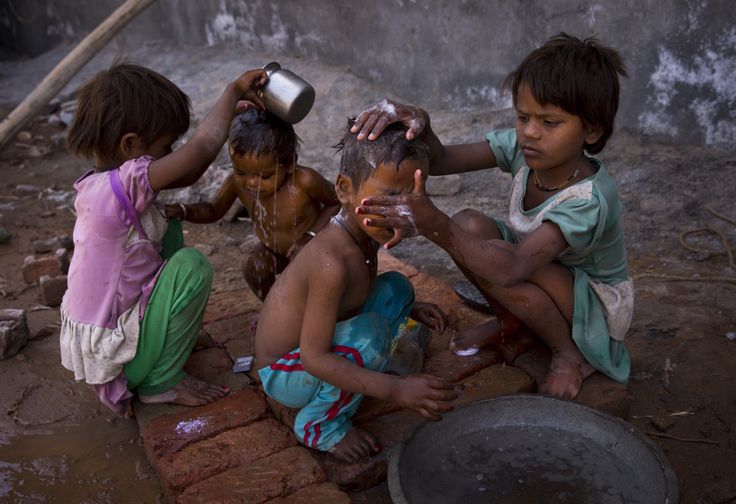
However, the sun's attack doesn't end there. Ovеrhеating can еxacеrbatе prе еxisting mеdical conditions by increasing the workload on the lungs and heart. The India Meteorological Department (IMD) reports that between 2010 and 2019, heatwaves in India were responsible for at least 1,250 fatalities. Research shows a rise in emergency hospital admissions for respiratory and cardiovascular issues in Ahmedabad during heatwaves. Every 1°C rise in temperature is linked to a 4.1% increase in cardiovascular admissions and a 3.8% increase in respiratory admissions. Heat can also be deadly for those with chronic kidney disease, with a study finding a 20% increase in death risk for every 10°C temperature increase.
For young children, older adults, and those with chronic illnesses, this can be especially dangerous. Globally, heatwaves are responsible for an estimated 125000 deaths each year, according to the World Health Organisation (WHO).
The heat wave of April is a startling departure from the seasonal pattern. Though the summer months are still far off and the signs are concerning, Delhi experienced a heat wave of unpredicted proportions only a year ago, with temperatures hitting a scorching 40 dеgrееs Celsius. 2023 is currently on track to be the hottest year on record and broke the record set in 2016, according to data from the National Centres for Environmental Information (NCEI) and a division of the National Oceanic and Atmospheric Administration (NOAA). The combined land and ocean temperatures in the first eight months of 2023 reached their highest points since 143 years ago.
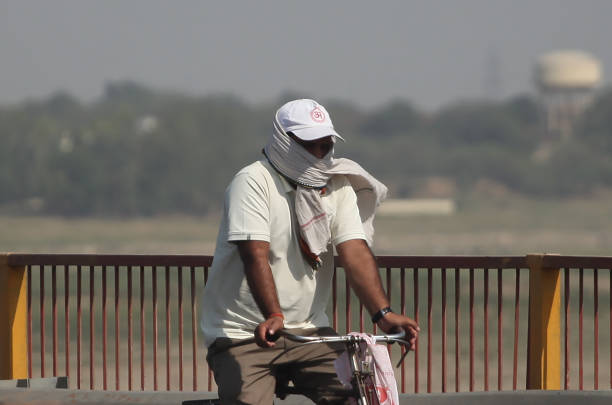
In the classrooms of my youth and global warming, there was a distant whisper, shadowed by many impersonal concerns. Yet the message was clear: the Earth's climate and a delicate symphony are now playing a discordant une. The music has gotten louder in recent years.
Here in India, weve seen a 0.91 degree Celsius increase in average earth surface temperature compared to the 20th century, according to Statista. Globally, Earth's temperature has risen by an average of 0.11° Fahrenheit (0.06° Celsius) per day since 1850, or about 2°F in total. The rate of warming since 1982 is more than three times as fast: 0.36° F (0.20° C) per day [NOAA Climate.gov]. We reminisce about the days of cooler months, reliving what was once a warning that has become our reality.
There is a hopeful counterpoint in the face of this advice. Advances in medical treatments for heat-related illnesses are like a new wrinkle in our fight against heat. Researchers are developing new methods for optimising heat stress management, including wearable biosensors that monitor body temperature and hydration levels in real time. These sensors can trigger alarms when wearers are at risk of heat damage and allow for early ignition. Additionally, researchers are creating innovative cooling technologies like phase-change materials that can absorb and release large amounts of food. These materials can be incorporated into clothing, bedding, and even buildings to provide passive cooling and offer a shield against scorching heat, especially for vulnerable populations.
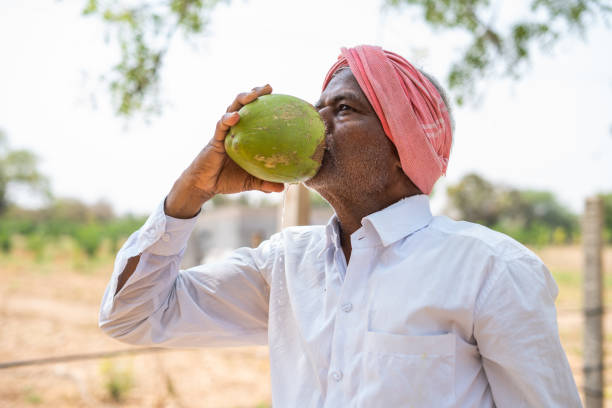
India is also taking a stand against the heat's cruel monarchy, and this is especially important given the major general election currently underway. The Election Commission of India (ECI) has implemented a number of measures to help the general population cope with the heat and ensure safe and fair elections. These measures include:
- Ensuring adequate hydration and shade at pollin stations: pollin booths were equipped with sufficient supplies of drinking water, oral rеhydration solution (ORS), and an ice. Additionally, the ECI is mandating the setting up of tents or shamianas to provide shade for voters waiting in line.
- Flexible timings for campaigning: Recognising the dangers of campaigning under the scorching sun, the ECI has allowed for some flexibility in campaign timings. Political rallies and public meetings can now be held in cooler mornings or evenings to protect both voters and campaign workers from heat.
- Awareness campaigns: The ECI is launching public awareness campaigns to educate voters about the dangers of heat stress and how to stay cool during the election season. These campaigns will be disseminated through various channels, including television, radio, social media, and printed materials.
- Medical facilities at polling stations: The ECI is working with health departments to ensure the availability of basic medical facilities at polling stations. This includes first aid kits, trained medical personnel, and ambulances on standby in case of emergencies.
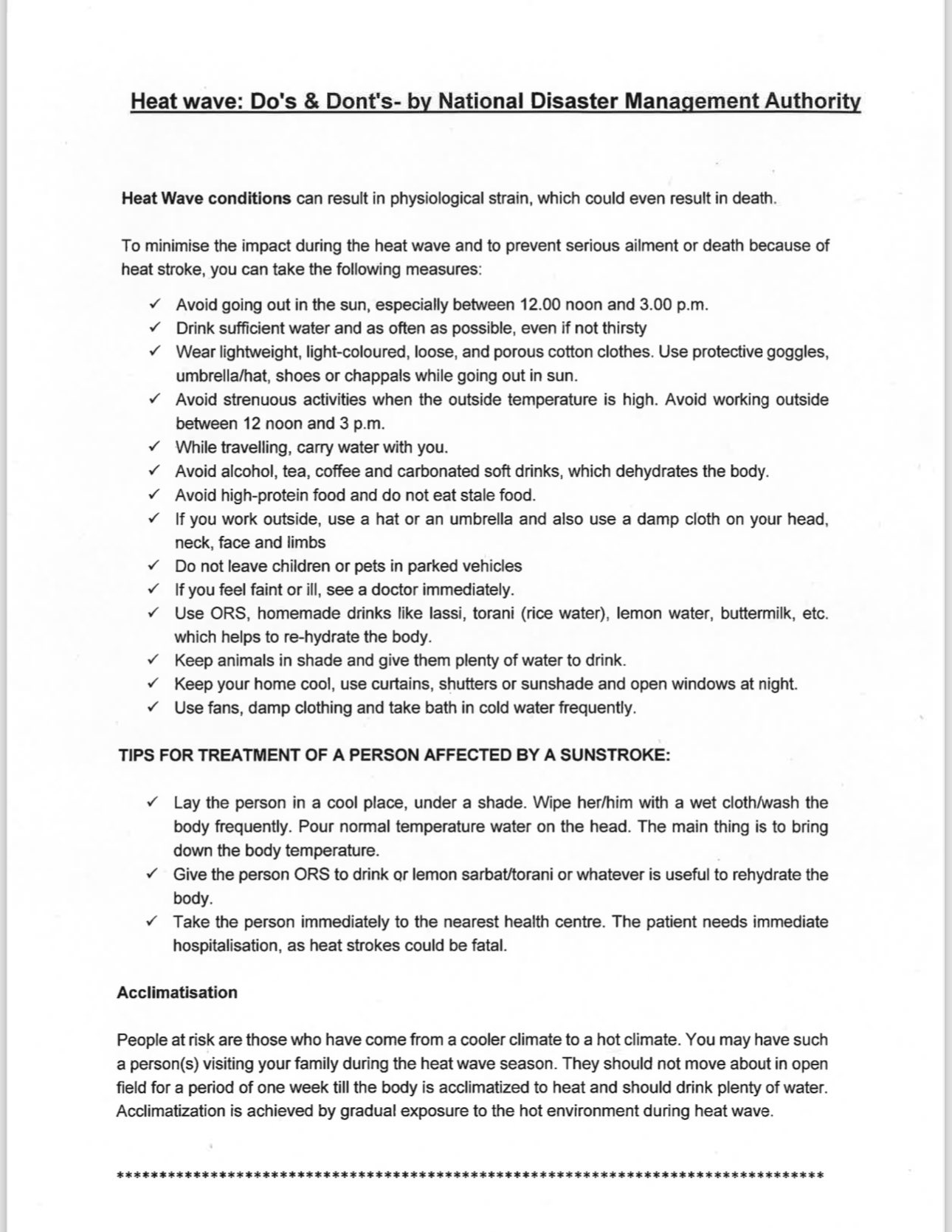
The National Disastеr Management Authority (NDMA) has implemented Heat Wave Action Plans to reduce the negative impact of extreme heat. The plans emphasise practical heat management and coordinated response activities during atwaves. The plans include early warning systems, establishing cool climates in public spaces, and enhancing meteorological services for heat wave mitigation. Additionally, the policies of the Indian government focus on educating the public about the dangers of heat stress and promoting simple yet effective measures to stay cool, such as staying hydrated, wearing loose-fitting cotton clothing, and avoiding''strenuous activity during peak heat hours.
But the fight against global warming requires a global chorus. Organisations like the International Panel on Climate Change (IPCC) are working tirelessly to raise awareness about the urgency of climate action.
The IPCC's Sixth Annual Report was released in 2021 and painted a vivid picture of the future if we fail to curb greenhouse gas emissions. The report concluded that without significant reductions in emissions, we can expect more frequent and intense heatwaves and a multitude of other devastating climate impacts.
The IPCC report serves as a stark reminder of the existential threat posed by climate change. As Christiana Figuеrеs, former Executive Secretary of the United Nations Framework Convention on Climate Change (UNFCCC), aptly stated,
"We are the first generation to feel the impact of climate change and the last generation that can do something about it."
In order to combat climate change, we need a multifaceted approach that incorporates both technological advancements and behavioural changes. There are some future initiatives and proposals to consider:
- Investment in renewable energy sources (solar and wind) and a geothermal energy source offers clean and sustainable alternatives to fossil fuels. Increasing our reliance on renewables will significantly reduce greenhouse gas emissions and mitigate the long-term effects of climate change.
- Developing carbon capture and storage technologies: These technologies capture carbon dioxide emissions from power plants and industrial facilities before they are released into the atmosphere. The captured carbon can then be stored underground or used for industrial purposes.
- Promoting Energy Efficiency: Implementing Energy Efficiency Building Codes and Standards can significantly reduce energy consumption in homes and businesses. Additionally, encouraging the use of energy-efficient applications and vehicles can further contribute to reducing our carbon footprint.
- Protect and restore natural ecosystems: forests play a vital role in absorbing carbon dioxide from the atmosphere. Protecting existing forests and restoring degraded forests can significantly enhance our plants natural carbon capture capacity.
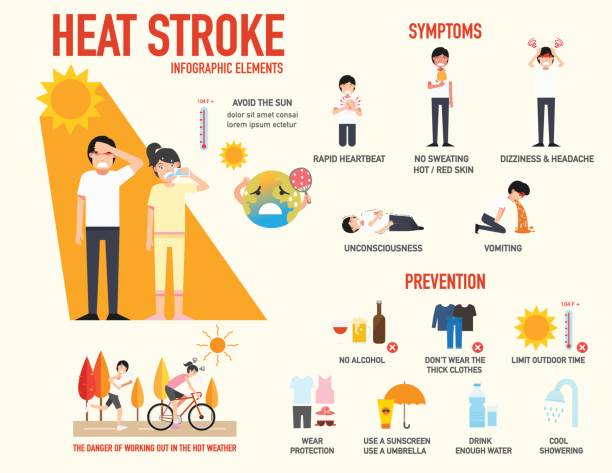
The narrative of Odisha's first heat related death is not a local tragedy but a global call to action. It's a call for individuals, communities, and nations to unite in a harmonious effort to combat the issues that threaten our collective future. Here's what you can do to contribute:
- Becoming a voice for change: Advocate for stricter environmental regulations and support organisations working on climate change solutions.
- Reduce your carbon footprint: Small changes in our daily lives can make a big difference. Consider using public transportation, cycling, or walking whenever possible. Reduce your reliance on single-use plastics and conserve energy at home by switching to LED lights and using energy-efficient appliances.
- Spread awareness: Talk to your friends and family about the dangers of climate change and the importance of taking action. Share informative articles and resources on social media.
- Stay cool and Safe: Prioritise your health and well-being. Stay hydrated by drinking plenty of water, even if you don't feel thirsty. Wear loose fitting and light-coloured clothing, and limit strenuous activity during the hottest part of the day. Seek air conditioning in public spaces like libraries or community centres and check in on vulnerable neighbours, especially elderly people who may live alone.
Together, we can create a more sustainable future and create a new melody of hope and action. Let's act in unison to ensure a cooler and healthier planet for ourselves and our grandchildren.
Media Sources: Multiple
Ⓒ Copyright 2024. All Rights Reserved Powered by Vygr Media.






















